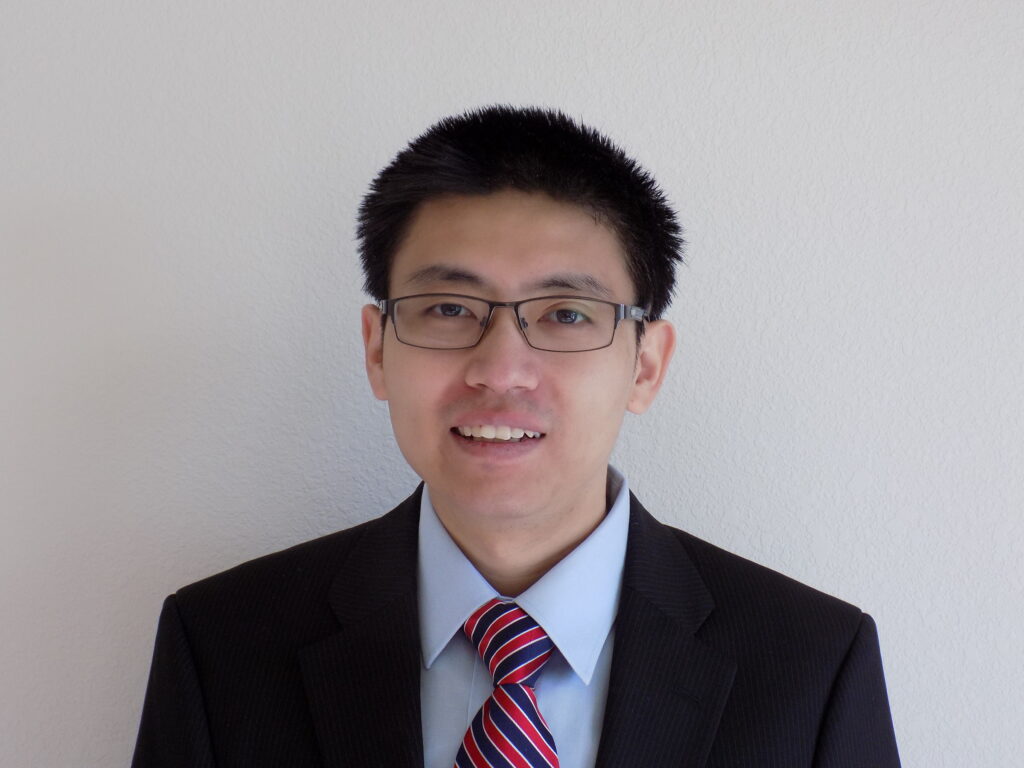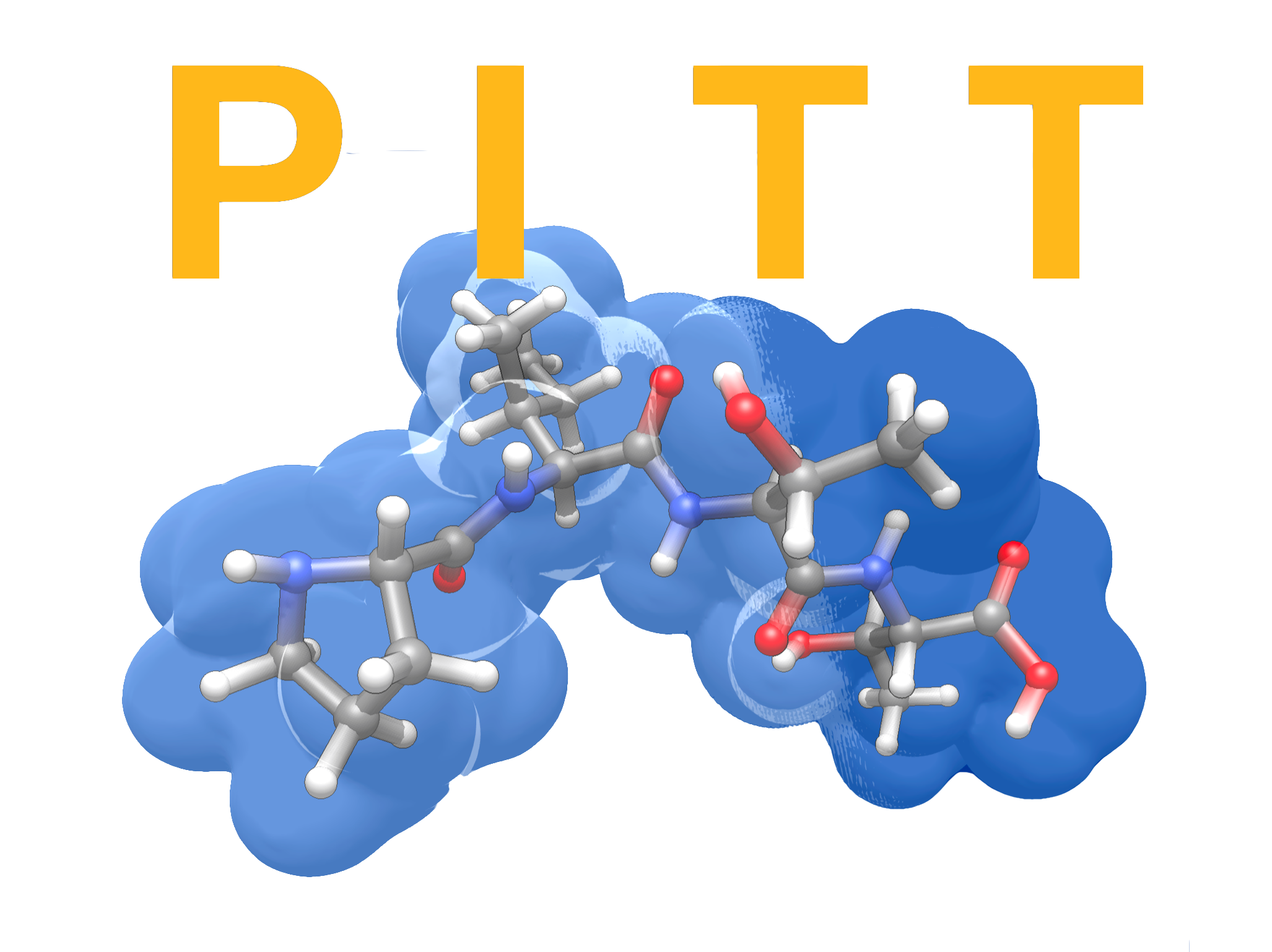At Pitt, you’ll work with one of our outstanding research faculty and a graduate student mentor to pursue your summer project. Our department has research programs in a diverse range of areas. Specific faculty you’ll have the opportunity to work with in Summer 2025 include:
Jessica Anna
The Anna Group uses ultrafast spectroscopy to investigate the fundamental processes that govern solar energy conversion in a wide range of systems, including natural light-harvesting complexes and photocatalysts.
As a student in the Anna Group, you will learn about laser spectroscopy setups and how to collect, analyze, and interpret spectra.
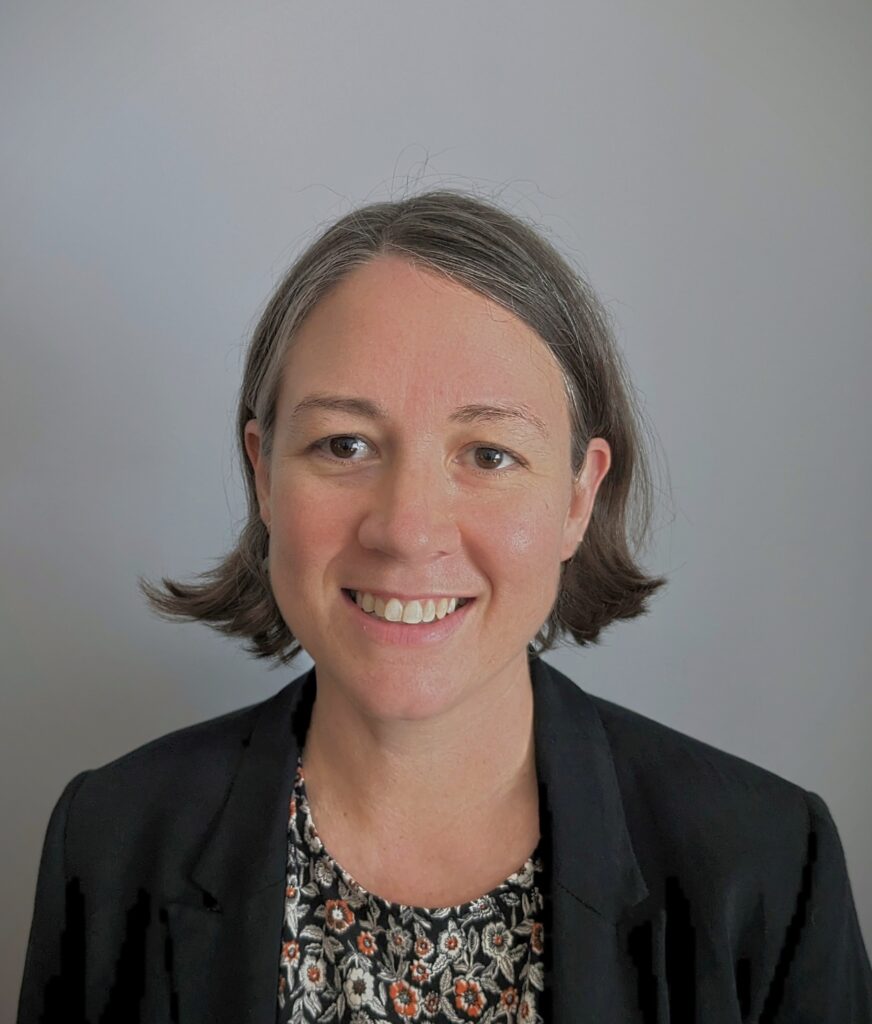
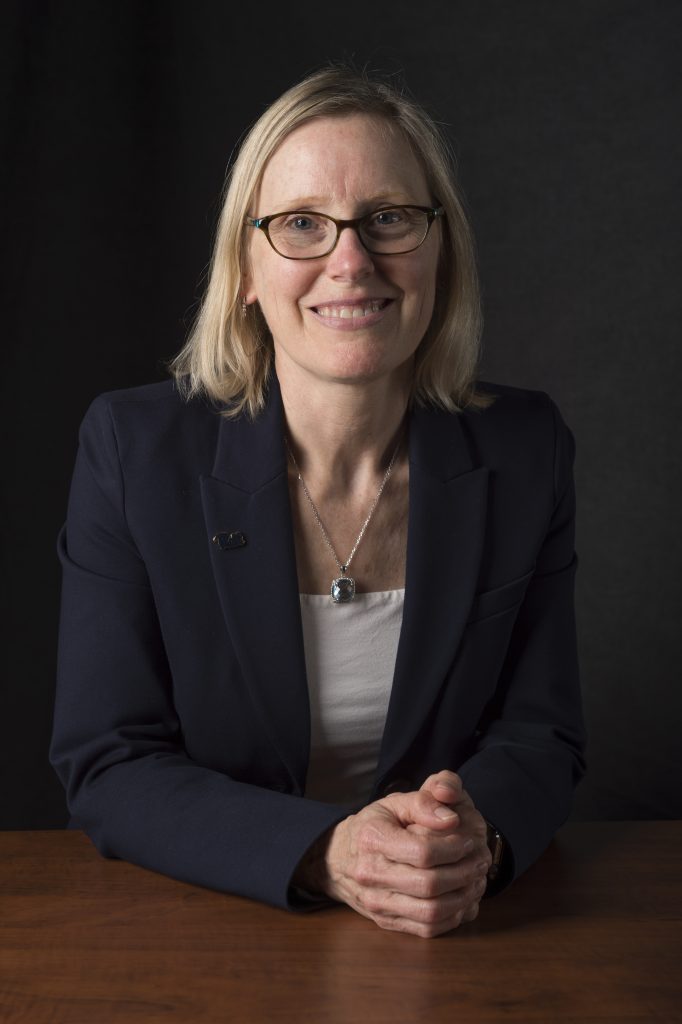
Kay Brummond
We are a team of synthetic chemists regulating chemical reactivity of small organic molecules with a focus on the dearomative dehydro-Diels–Alder reaction.
As a member of our research team, you will synthesize, purify, and confirm structure of new compounds with potential application to organic photovoltaic materials.
Kay Carter-Fenk
The Carter-Fenk group develops and applies new quantum chemistry methods to provide quantitative insights into sustainable energy technologies.
Students in the Carter-Fenk group will learn to run quantum chemistry calculations, program in Python, and analyze calculated data from the perspective of molecular orbital theory to provide key insights into (other researchers’) experimental results.
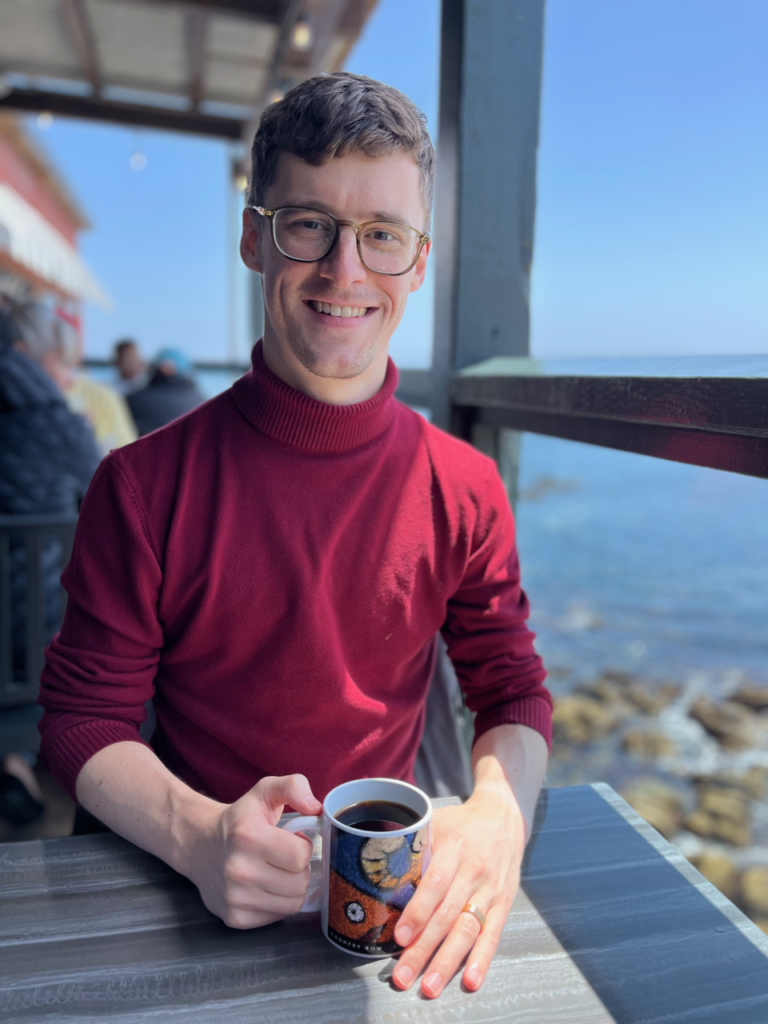
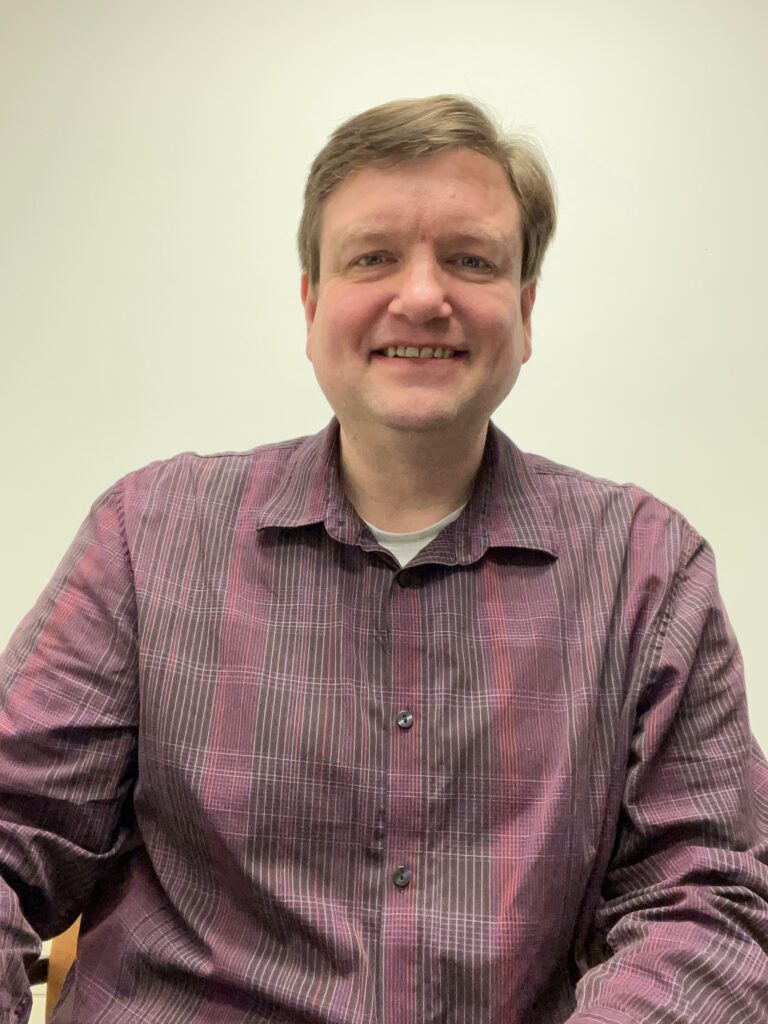
Seth Childers
The Childers lab investigates mechanisms of biomolecular condensates – membraneless organelles formed by phase separation of proteins and nucleic acids in bacteria – while also developing innovative synthetic biology tools for biocontainment and biosensors to study the brain-gut axis.
Students in the Childers lab will gain hands-on experience in protein purification, fluorescence microscopy, and enzymatic assays to characterize biomolecular condensates, while those working in synthetic biology will gain skills in advanced DNA cloning techniques, computational tools for protein engineering, and cell-based assays.
Lillian Chong
The Chong lab develops advanced molecular simulation methods for studying the mechanisms of complex processes such as protein binding, protein switching, and chemical reactions to rationally enhance their kinetics.
As a student in the Chong lab, you will learn molecular simulation, rare-event sampling, and Python coding for research in computational biophysics.
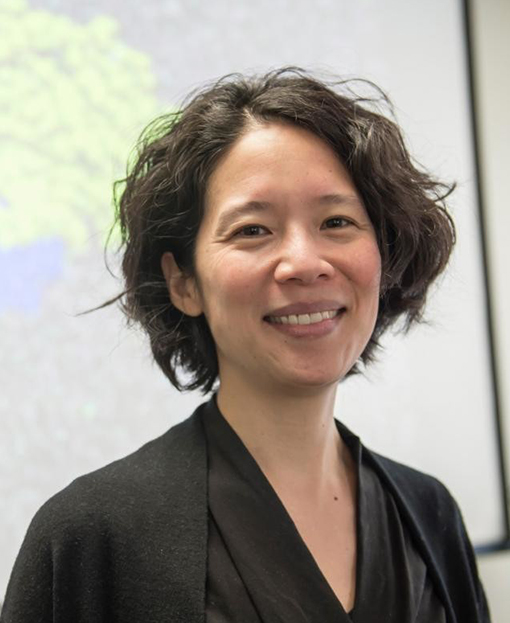
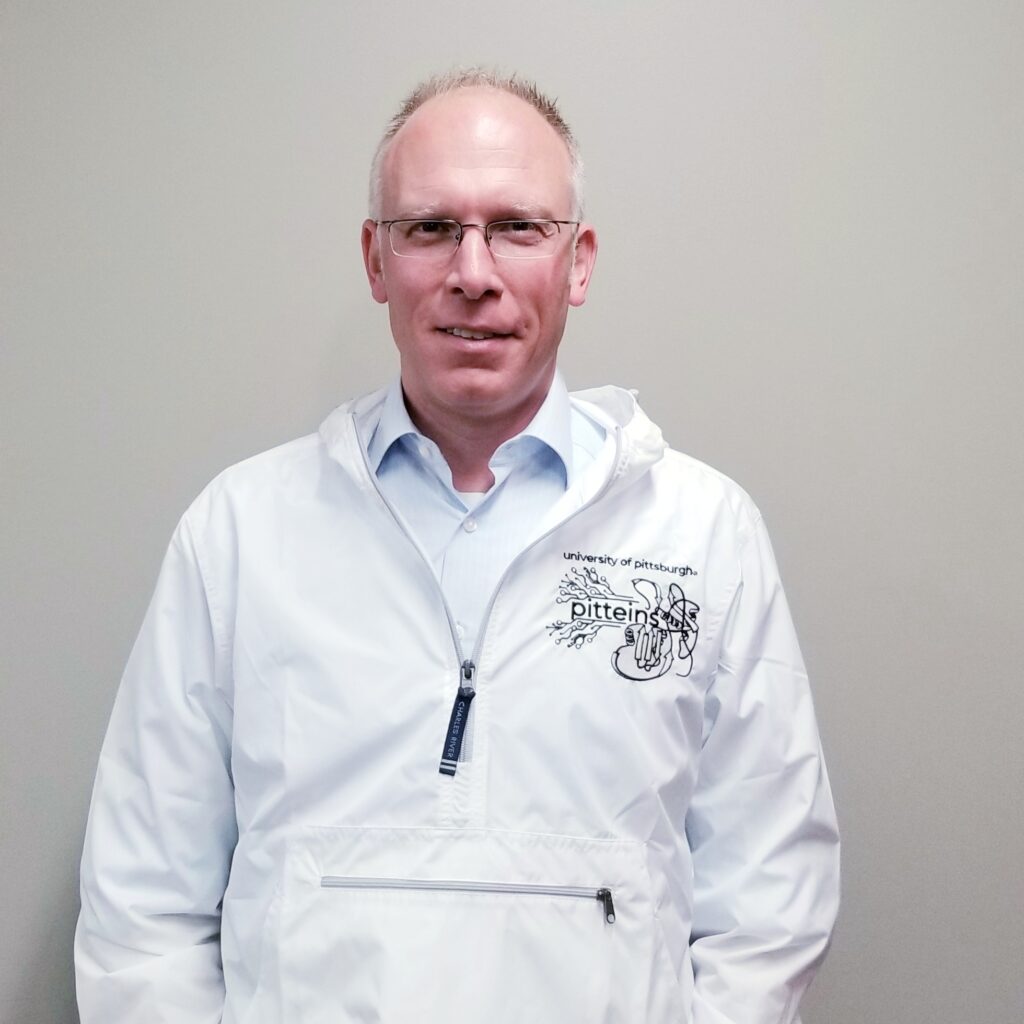
Alex Deiters
The Deiters lab works in the areas of chemical biology and synthetic biology and develops chemical approaches and tools to better understand and treat human diseases.
Students in the Deiters lab learn small molecule synthesis, nucleic acid synthesis, protein expression and modification, cell culture, and cell imaging, as well as a wide range of skills and techniques in preparation for careers in the pharmaceutical industry, biotech industry, and academia.
Xin Gui
The Gui group studies design, synthesis, and characterization of novel quantum materials in solid state, including superconductors, frustrated magnets, and high-entropy materials.
The REU students in the Gui Lab will be working on synthesizing solid-state materials and learning how to characterize materials’ composition and magnetic properties.
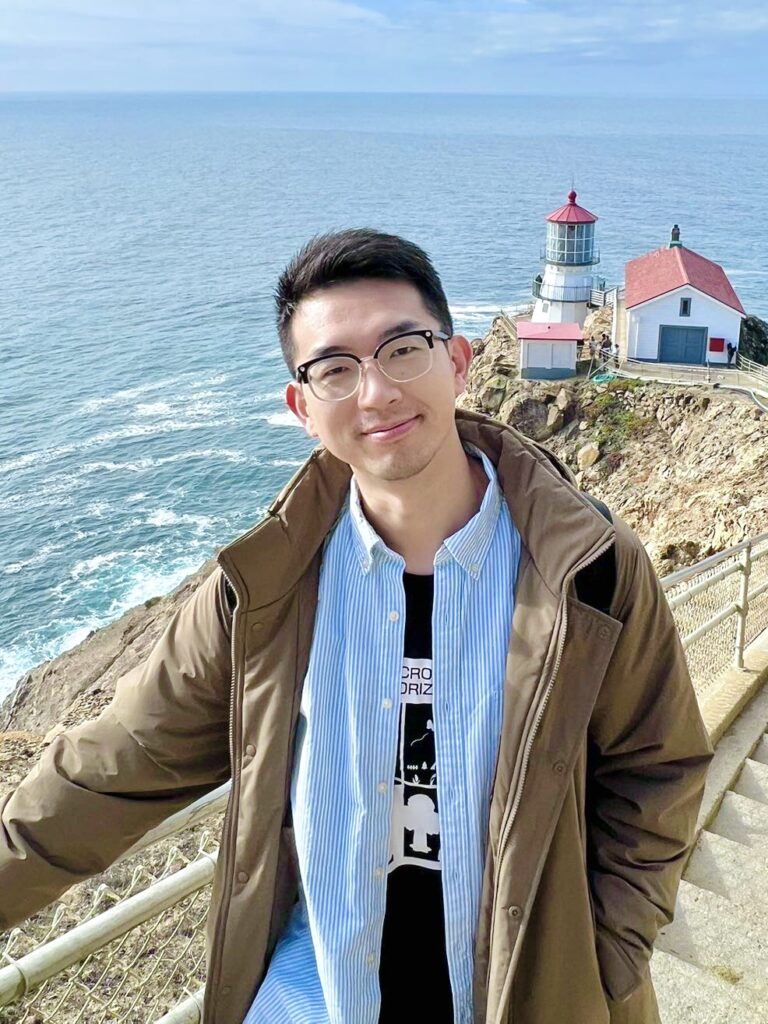
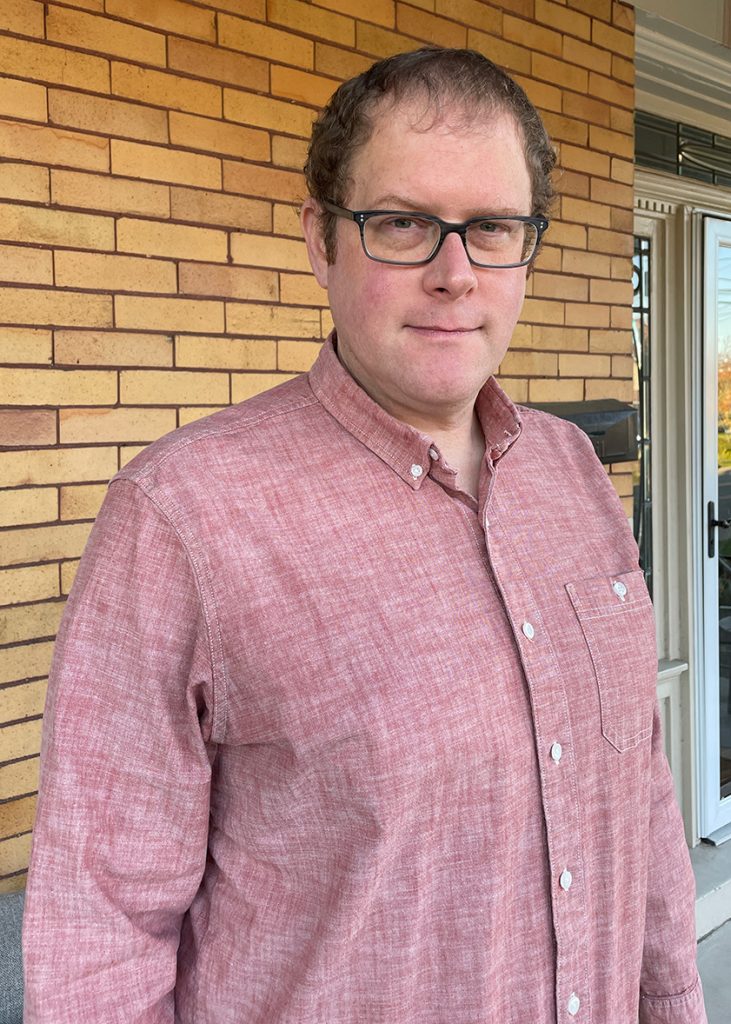
Seth Horne
The Horne Lab applies protein-inspired artificial scaffolds as functional biomimetic agents and tools to understand natural protein behavior.
As a student in the Horne Lab, you will learn methods for the chemical synthesis of protein mimetics as well as biophysical methods that reveal their folds and functions.
Geoffrey Hutchison
The Hutchison lab spans simulation, machine learning, and experiments to design new organic materials with electronic and electromechanical properties. We focus on organic solar cells, piezoelectrics, spin and charge transport, and understanding the stability and degradation of target molecules.
As a student in the Hutchison lab, you will learn molecular simulation, materials characterization, collaboration between experiment and simulation, and Python coding for research in cheminformatics, organic materials, and computational chemistry.
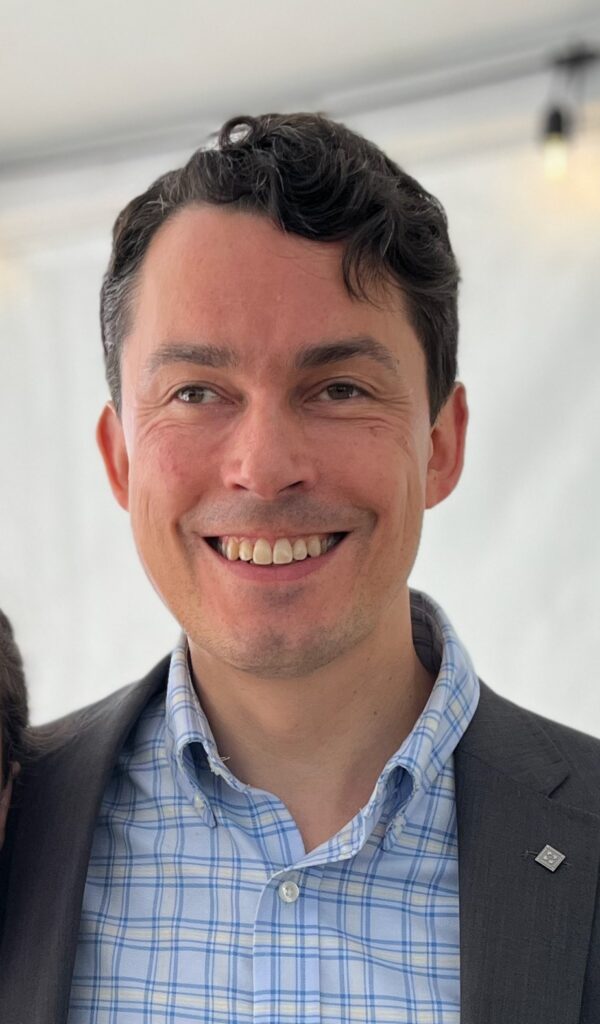
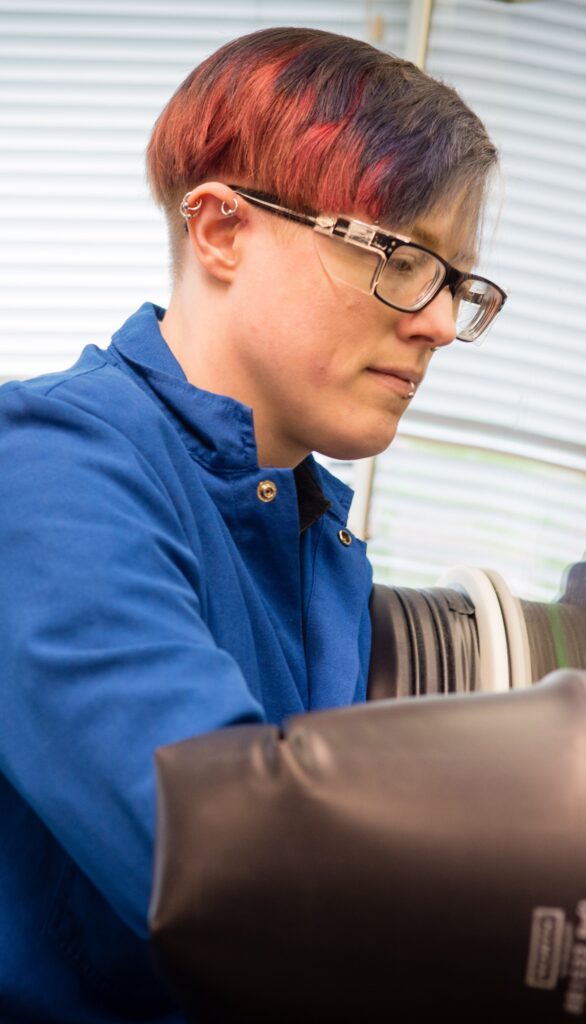
Grace Kenney
The Kenney Lab leverages bio(inorganic) chemistry, bacteriology, and bioinformatic strategies to discover novel microbial chemistry in genomic dark matter
Projects in the Kenney lab are interdisciplinary and can involve some combination of computational work to identify interesting microbial enzymes and pathways, in vitro elucidation of enzyme mechanisms, characterization of natural product structure and function, and in vivo work in microbes to investigate the roles of these systems in nature
Learn more –>
Kazunori Koide
We use techniques from organic synthesis, transition metal catalysis, and chemical biology to synthesize complex bioactive small molecules and to interrogate biomolecules in live cells using fluorescent probes developed in our group.
An REU student will synthesize and apply a new fluorescent probe for biology.
Learn more –>
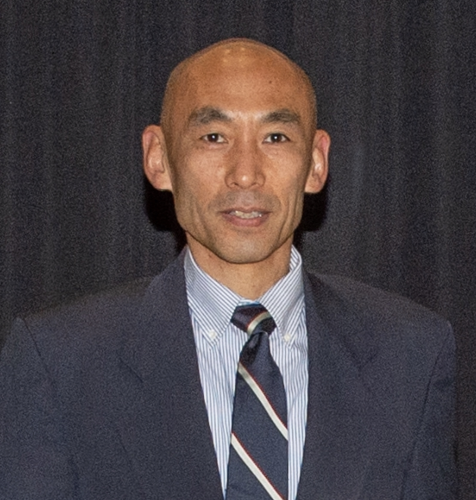
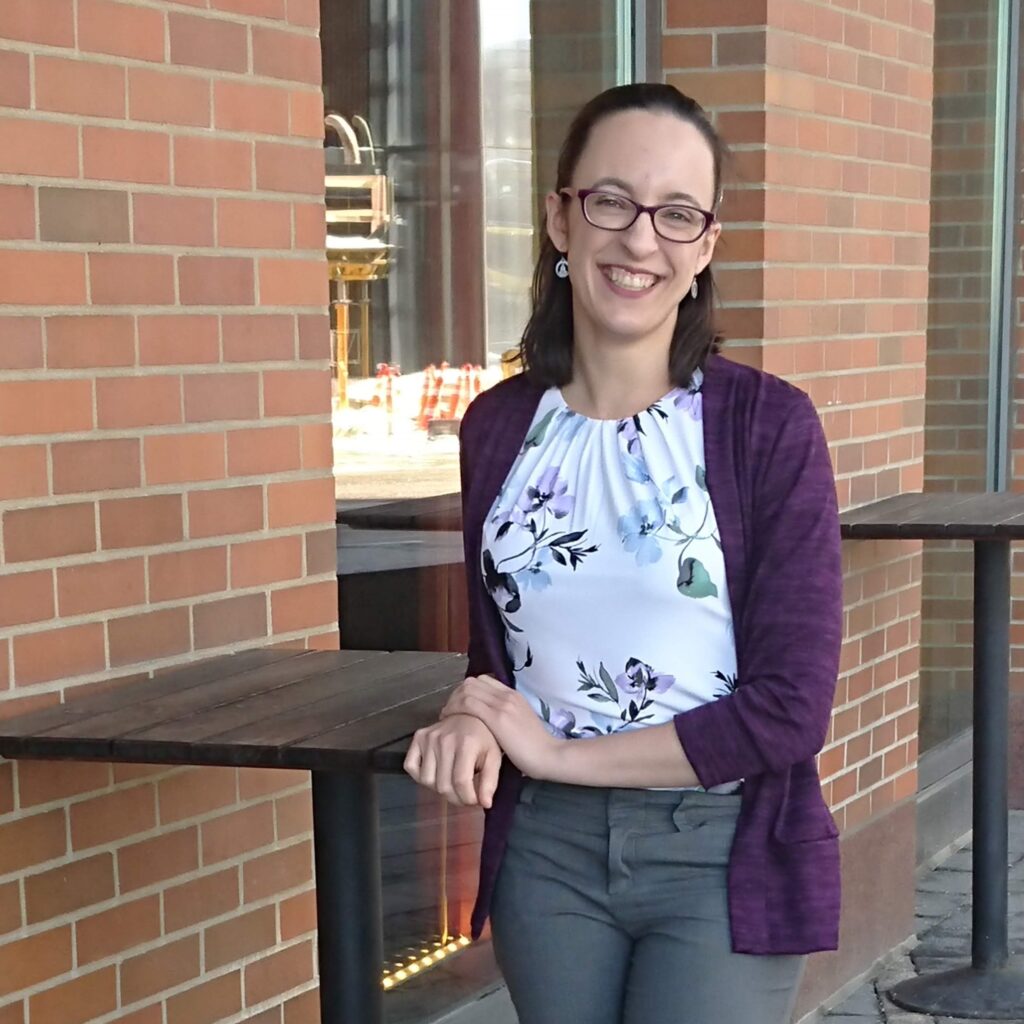
Jennifer Laaser
The Laaser Lab investigates how different types of chemical interactions influence the phase behavior and viscoelasticity of charged polymer complexes.
As a student in the Laaser Lab, you will learn polymer synthesis, physical characterization, and simple robotics for chemical research.
Haitao Liu
The H. Liu Lab uses DNA nanostructure to pattern nanoscale features on polymers.
You will learn synthesis of DNA nanostructures, surface characterization techniques (Atomic Force Microscope, X-ray Photoelectron Spectroscopy, etc).
Learn more –>
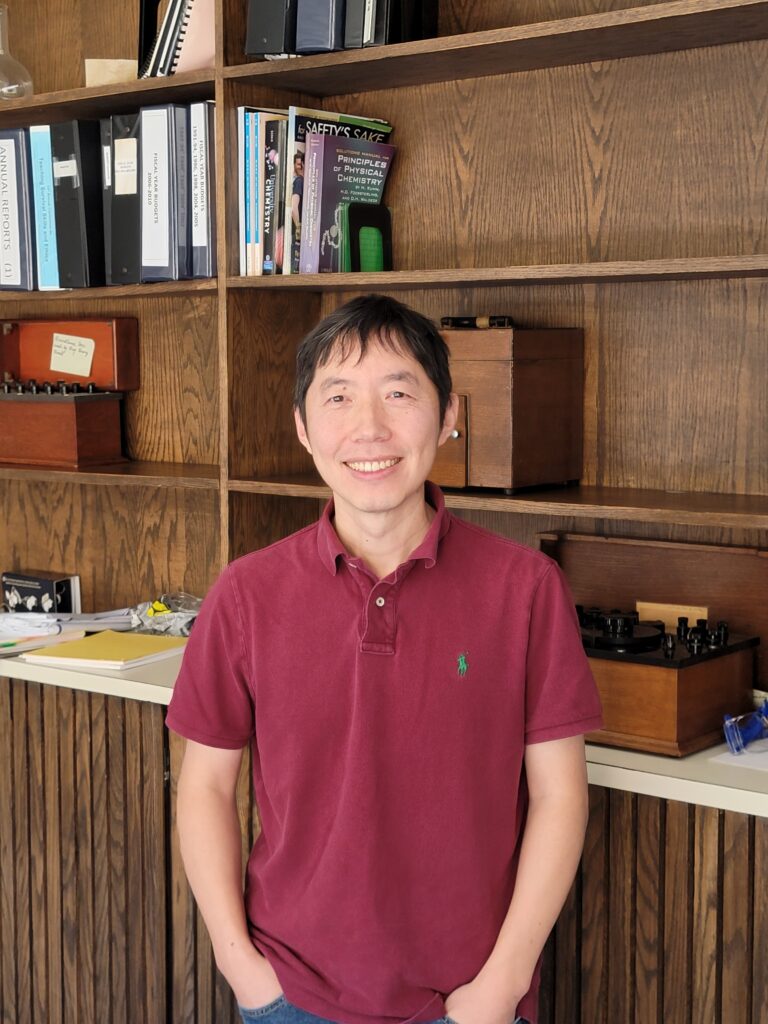
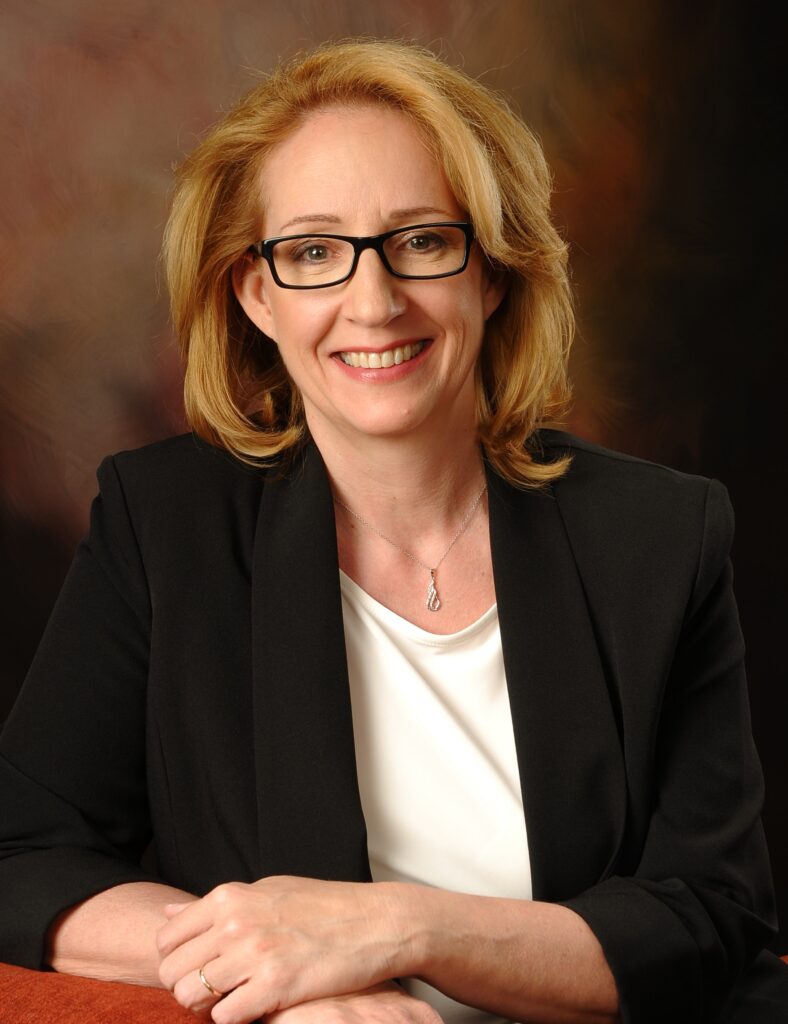
Tara Meyer
The Meyer Lab prepares and examines the properties of polymers as a function of their sequence.
As a student in the Meyer Lab, you will learn polymer synthesis, physical characterization, and experimental design.
Jill Millstone
The Millstone lab studies the chemical forces underpinning metal and metal-like nanoparticle formation, surface chemistry, and optoelectronic performance.
As a student this summer in our group, you will learn nanoparticle synthesis, characterization, and data analysis methods including electron microscopy and photochemical techniques.
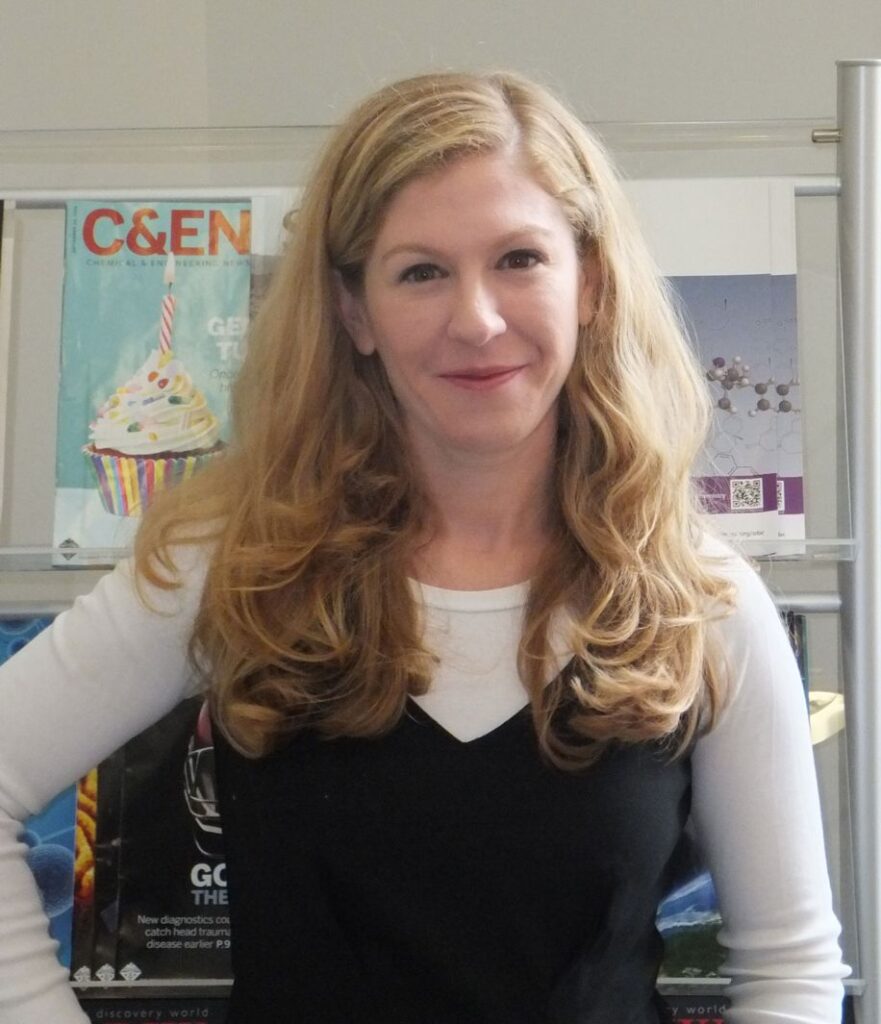
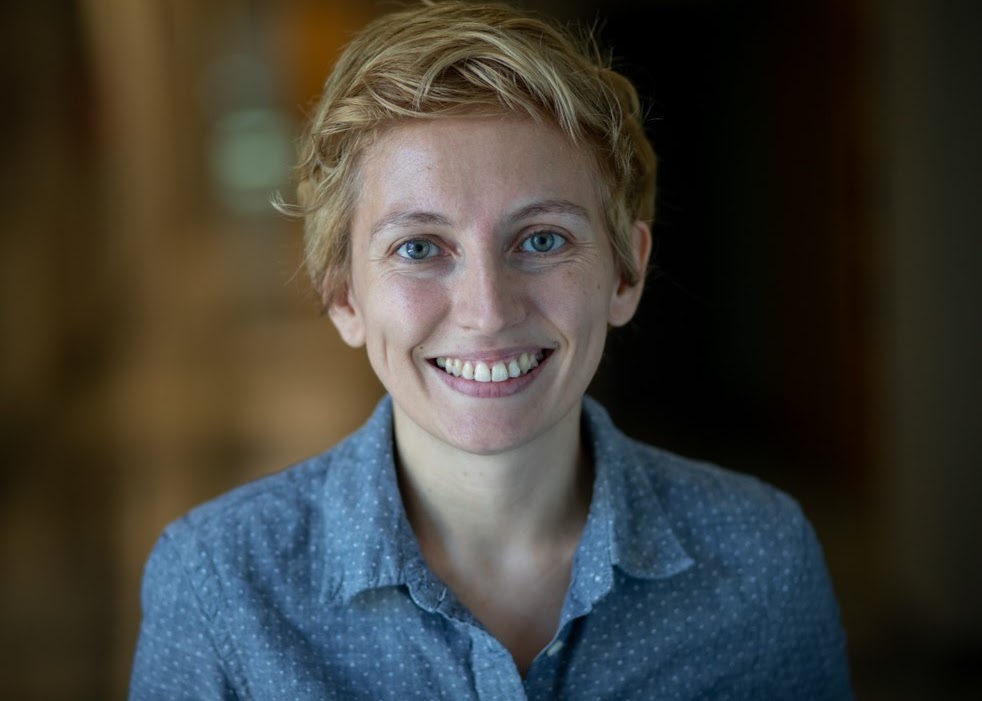
Stephanie Rankin-Turner
The Rankin-Turner lab uses mass spectrometry to study the human metabolome, with the aim of elucidating how the chemistry of the body changes in response to factors such as disease, infection, and the environment.
As a student in the Rankin-Turner lab, you will learn how to use mass spectrometry, chromatography, and chemometrics, in addition to enhancing your fundamental skills in analytical chemistry.
Sunil Saxena
The Saxena Lab develops spectroscopic and modeling methodology to measure the functional dynamics of proteins in vitro and in cells.
You will learn protein expression, EPR spectroscopy, and perform associated computational calculations.
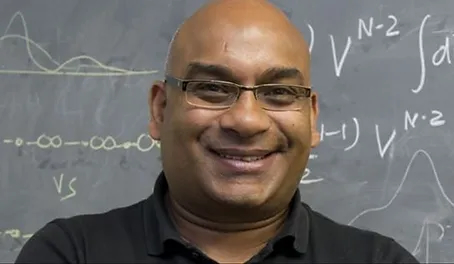
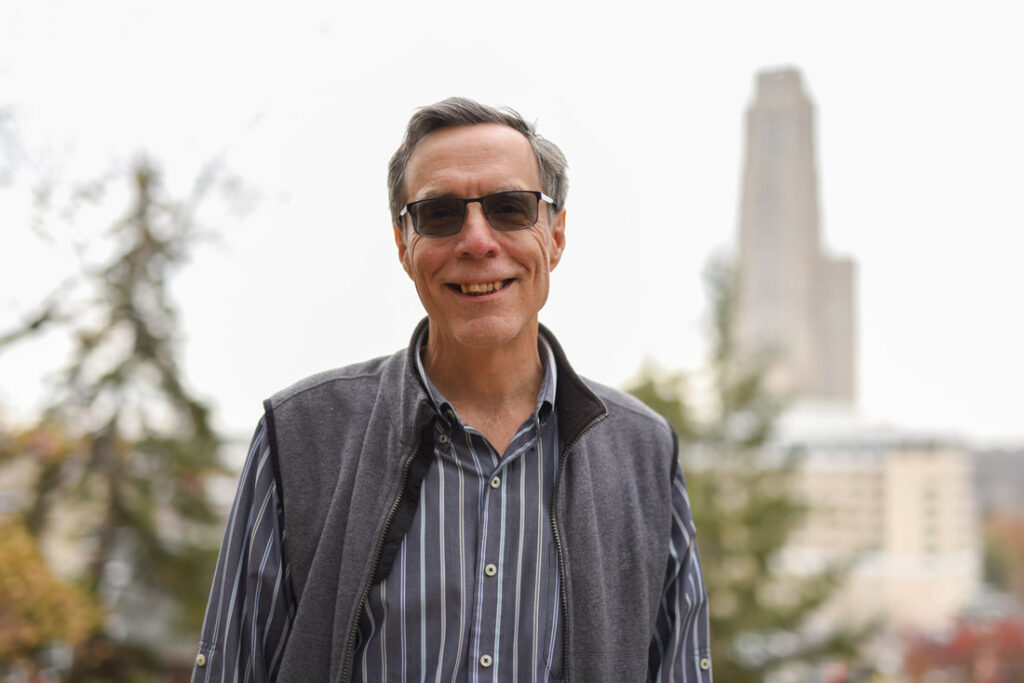
David Waldeck
The Waldeck group investigates how the electron spin affects the interactions and reactivity of chiral molecules and materials
Students in the Waldeck group perform synthesis and characterization of chiral materials, investigate how magnetic materials affect chemical reactions, and study enantioselective electrochemical processes.
Yiming Wang
The Wang Lab investigates the development of new organic reactions using transition metal catalysts.
As a student in the Wang lab, you will learn how to synthesize and purify small molecular building blocks, ligands, and catalysts and learn how to optimize new transition metal catalyzed reactions that employ these starting materials.
